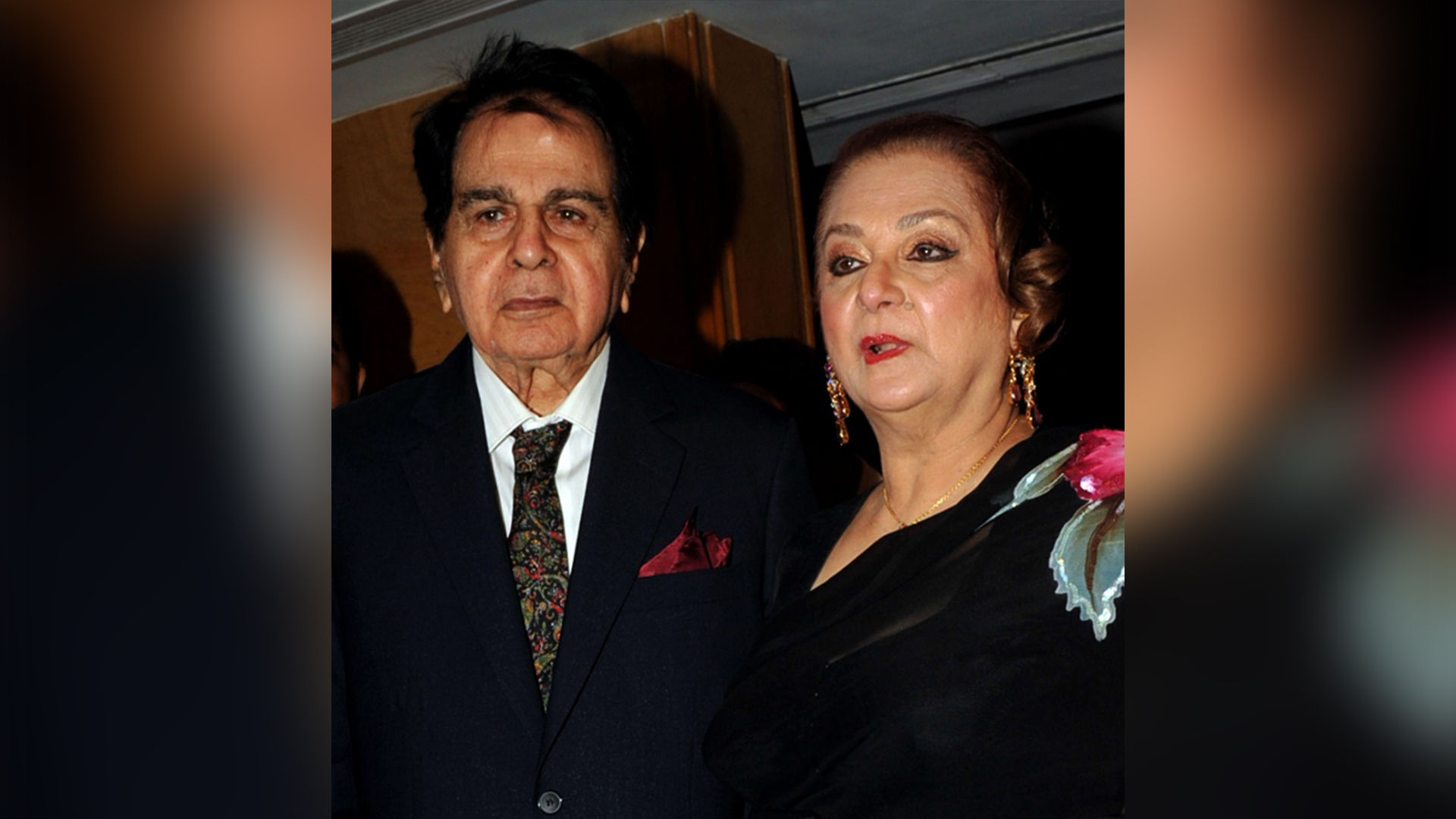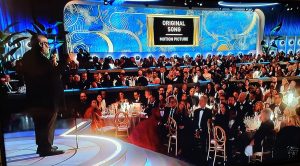Perhaps best known for his roles in movies such Devdas (1955), Naya Daur (1957) and Mughal-e-Azam (1960), Dilip Kumar is truly one of the greats. With a career spanning over 45 years in the Hindi film industry, Kumar is the recipient of several awards and honours, including the Dadasaheb Phalke Award (1994), Padma Bhushan (1991) and Padma Vibhushan (2015). He was also recently felicitated by the World Book of Records in London on his 97th birthday.
Born Muhammad Yusuf Khan in 1922 in Peshawar’s Qissa Khawana Bazaar, Dilip Kumar is often credited for being the first ‘method actor’ in the Indian subcontinent. Defined by naturalistic performances based on own’s own experiences and emotions, Dilip Kumar is often remembered in cultural imagination for his understated elegance and old-school sophistication.
Dilip Kumar began his journey in the Hindi film industry ‘Jwar Bhata’ (1944). It was however, his second film, ‘Jugnu’ (1947), in which he was cast alongside Noor Jahan, that received acclaim and launched his career. A major hit, his performance was praised by critics, and his nuanced acting in following movies such as family drama ‘Ghar ki Izzat’ (1948), romantic tragedy ‘Mela’ (1948), and romantic drama ‘Andaz’ (1949) propelled him to further success. The movie ‘Andaz’ (1949) significantly was the highest grossing Indian film, at the time of its release.
Kumar soon became a superstar and was among the most prolific actors in the Hindi film industry during the 1950s, along with Dev Anand and Raj Kapoor. His most famous hits during this period include ‘Jogan’ (1950), ‘Aan’ (1952), ‘Footpath’ (1953), ‘Amar’ (1954) and ‘Daag’ (1954), the last of which earned him the first ever Filmfare Award for Best Actor.
‘Devdas’ (1955) and ‘Mughal-e-Azam’ (1960) soon followed, and he won the Filmfare Award for Best Actor yet again for his performance in the lead roles of each.
His title as the ‘King of Tragedy’ was cemented due to his flair for tragic roles, where the characters he portrayed often dealt with heartache and melancholy.
During the later stages of his career, he is known notably for his roles in movies such as ‘Ram aur Shyam’ (1967), in which he essayed a double role, and the historical drama ‘Kranti’ (1981). The last film he acted in was ‘Qila’, which released in 1998.



